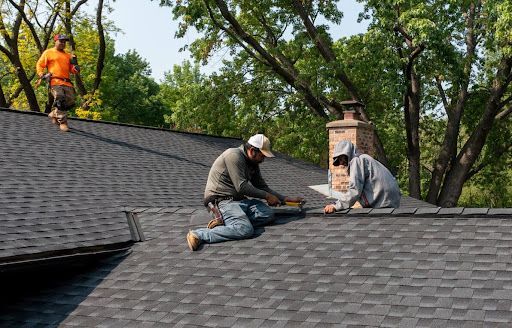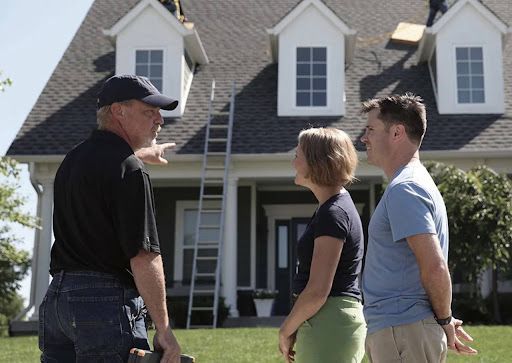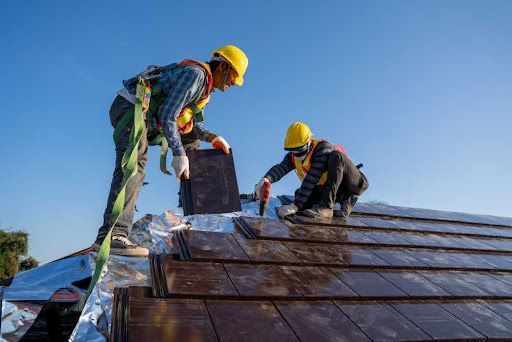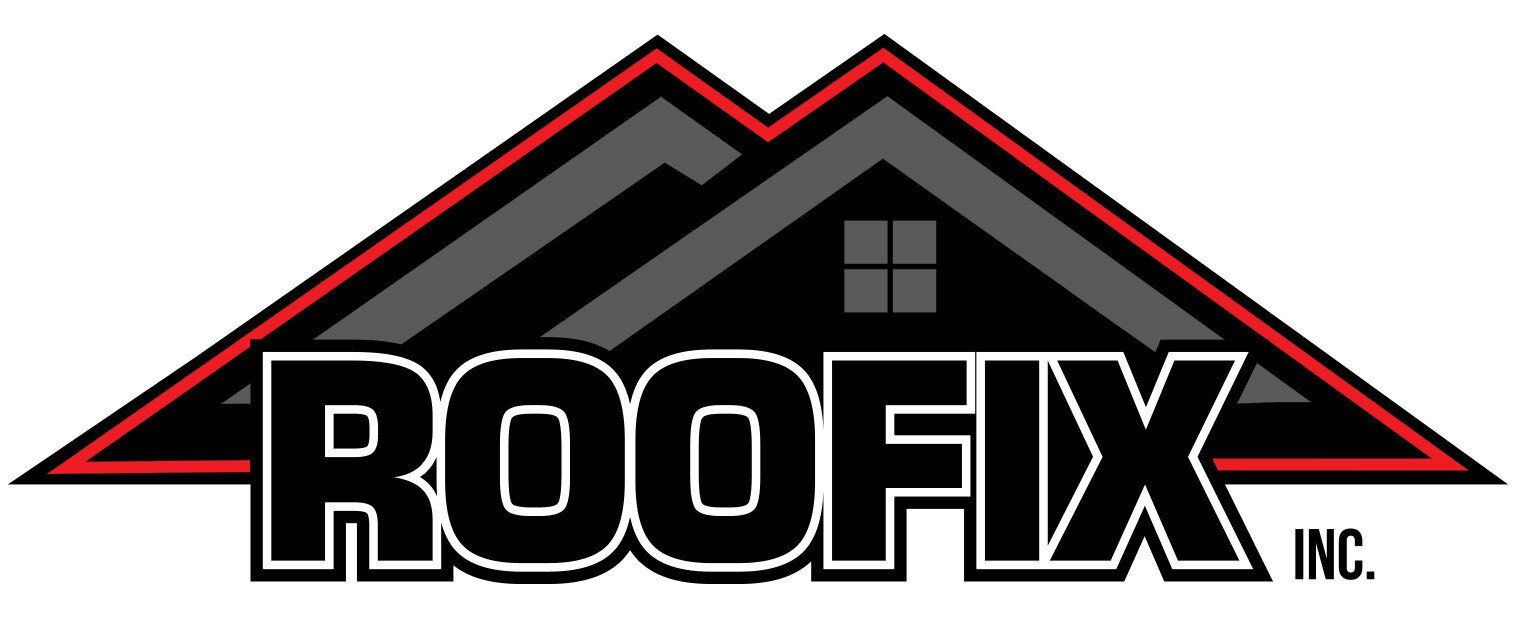How to Choose the Best Roofing Contractor in Carlsbad, Oceanside, & Encinitas
Your roof protects everything inside your home—your family, belongings, and peace of mind. But in coastal Southern California, it faces extra challenges. The salt air, strong sun, and occasional storms can wear it down faster than in other places.
That’s why how to choose a roofing contractor is so important. The right contractor will use quality materials, understand local weather conditions, and do the job right the first time. The wrong one could leave you with leaks, expensive repairs, or worse.
If you live in Carlsbad, Oceanside, or Encinitas, here’s what you need to know to find a trustworthy roofing contractor.
Research Local Contractors
Start by looking for local roofing contractors who know the Carlsbad, Oceanside, and Encinitas area well. Why? A contractor familiar with regional building codes and coastal weather will ensure your roof can handle the salty air, strong sun, and occasional storms.
Local roofers also understand permit requirements and won’t cut corners, which could lead to legal issues later. Plus, if you ever need a repair or have a question, it’s easier to contact a company with a physical office nearby instead of one based hours away.
A good rule of thumb: Check their address, call their office, and make sure they’re truly local. If they only provide a P.O. box or seem hard to reach, that’s a red flag.

Verify Credentials and Experience
Before hiring a roofer, check their license and insurance. In California, roofing contractors must have a valid C-39 license, which ensures they meet state requirements. Insurance is just as important—liability coverage and worker’s compensation protect you if something goes wrong.
Experience matters, too. Coastal homes in Carlsbad, Oceanside, and Encinitas need roofing materials that withstand salt air, sun exposure, and strong winds. Not every contractor knows how to install or maintain materials like metal roofing, clay tiles, or asphalt shingles designed for coastal climates. Ask about their experience with these materials and request examples of past projects.
A reliable contractor won’t hesitate to show proof of licensing, insurance, and previous work. If they avoid the question, it’s best to move on.
Assess Communication and Professionalism
A good roofing contractor should be easy to reach and clear in their communication. If they take days to return your calls or give vague answers, that’s a warning sign.
When discussing your project, they should provide a detailed written estimate that outlines costs, materials, and the timeline. A solid contract should include warranties, payment terms, and a clear project scope. Never rely on verbal agreements—everything should be in writing to protect you from unexpected charges or incomplete work.
Professionalism starts from the first interaction. If a contractor is disorganized, avoids giving straight answers, or pressures you into making quick decisions, consider looking elsewhere. A trustworthy roofer will take the time to explain everything and make sure you feel confident before any work begins.

Understand Warranty and Maintenance Options
A good roofing contractor should stand behind their work. Ask about two types of warranties:
- Workmanship Warranty – Covers installation mistakes and labor issues. This should last at least a few years.
- Manufacturer Warranty – Covers defects in roofing materials. Some materials, like metal or high-quality asphalt shingles, may have warranties lasting 20 years or more.
Also, check if the contractor offers maintenance services. Regular inspections and minor repairs can extend the life of your roof, especially in coastal areas where salt, sun, and wind can cause wear and tear faster.
A contractor who offers clear warranties and maintenance plans is more likely to care about quality and long-term customer satisfaction. If they dodge warranty questions, that’s a red flag.
Be Cautious of Red Flags
Not every roofing contractor has your best interests in mind. Watch out for these warning signs:
- Demanding full payment upfront – A deposit is normal, but walk away if a contractor insists on full payment before any work starts.
- Suspiciously low bids – If one estimate is much lower than others, it could mean cheap materials, rushed work, or hidden fees down the road.
- Unsolicited offers – Be wary of contractors who show up at your door after a storm, claiming they noticed damage. Many storm chasers do poor-quality work and disappear afterward.
A trustworthy contractor will have clear pricing, a fair payment schedule, and a solid reputation. If something feels off, trust your gut and keep looking.

Frequently Asked Questions
1. How do I know if a roofing contractor is licensed in California?
Check the California Contractors State License Board (CSLB) website and verify their C-39 license.
2. How much should I pay upfront for a new roof?
A deposit of 10% or $1,000 (whichever is less) is standard. Avoid contractors who ask for full payment before starting.
3. What’s the best roofing material for coastal homes?
Metal, clay tiles, and asphalt shingles with algae-resistant coatings are great for handling salt air and sun exposure.
4. How long does a roof replacement take?
Most projects take a few days to a week, depending on size and weather conditions.
5. What should be included in a roofing contract?
The contract should list materials, costs, timelines, warranties, and payment terms—all in writing.
Conclusion
Choosing the right roofer isn’t just about price—it’s about protecting your home. Do your research, verify credentials, and compare estimates carefully. A reliable contractor will have the experience, warranties, and professionalism to do the job correctly.
Most importantly, trust your instincts. If something feels off, it probably is. Prioritize quality over cost, and you’ll have a roof that lasts for years.
